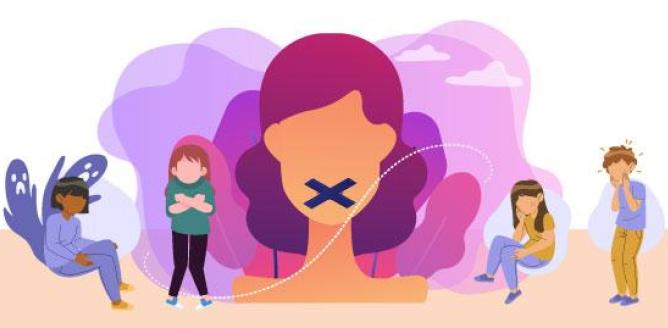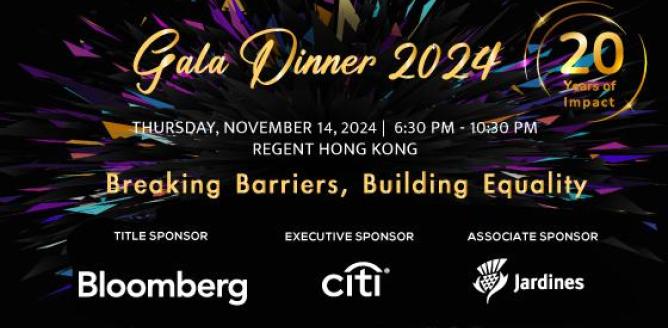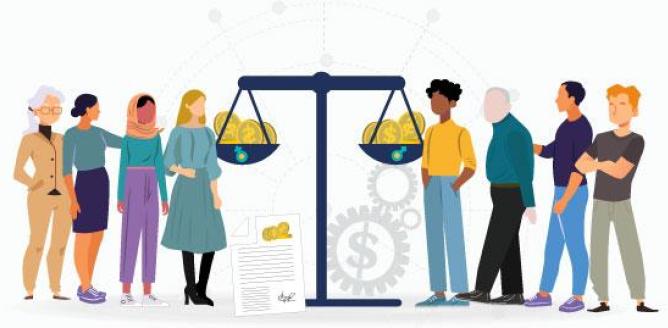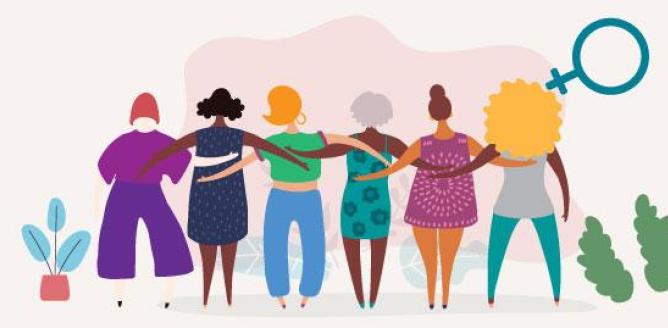April is Sexual Assault Awareness month -- the sheer number of people, overwhelmingly women, that will suffer from a sexually violent experience should give us all pause. Globally, 30% of women experience sexual violence in their lifetime; in Hong Kong, the percentage of women facing sexual violence increases to 37%. Whilst we know sexual violence impacts people of all genders, women are still the overwhelming reported victims of sexual harassment, assault and abuse. An added layer of complexity and trauma for victims is the often-double standard they face in the way that crimes are reported and how victims are portrayed, and ultimately, judged.
An instance of this misogynistic attitude in Hong Kong was just reported in the SCMP yesterday where a woman had been asked by a male tourist to take a selfie and was sexually assaulted in the process. In parallel with reporting this incident to the police (who informed her there were several reports against him for similar behaviour), she also posted it on a widely followed Facebook group Hong Kong Moms to warn others about this perpetrator and potentially prevent them from having a similar experience. Whilst some of the comments were supportive, many accused her of inviting this experience through her willingness to take a selfie with a stranger.
The same damaging attitudes and beliefs that lead to victim blaming extend to abuse and judgement felt by many women who work as sex influencers. This puts women in physical danger and many have experienced online abuse. More broadly, it can dangerously blur the line of consent and impede justice for all victims.
Ingrained stereotypes about how women should behave in society contribute to a popular narrative that female victims are somehow responsible for being sexually assaulted, which consist of an ever-evolving list including alcohol consumption, appearance, number of sexual partners, where they happened to be at the time of the assault or whether they fought back when the assault occurred.
Misinformation in the media and popular culture about rape myths is dangerous and perpetuates these toxic attitudes. Portrayals of female victims of sexual assault not only influence public opinion and social norms, they can impact how the criminal justice system perceives victims, making it less likely that women will come forward to report sexual violence or be able to win their court case if they do so.
The way in which media reports on victims of sexual violence demonstrates societal associations between how women’s identity and sexuality are deeply intertwined, in a way that men’s are not, and is often used to denigrate or devalue their experience of violence. These attitudes are echoed in TWF’s masculinities research among university-age men which found the majority of respondents still believe in rape myths and pervasive stereotypes about women. It is critical to note, however, these attitudes are not only held by men but internalised by all genders and continues to enable society to judge survivors of sexual assault accordingly.
At TWF we are deeply concerned with the systematic devaluation of women’s experiences of sexual violence which spans law and media to education and training. This is why we launched our #MakePeopleCount campaign and continue to advocate for a suite of urgent and critical reforms to the criminal laws on sexual offences proposed by the Hong Kong Law Reform Commission in 2019. Early, consistent and holistic sex education is also key to tackling some of the harmful myths and stereotypes that contribute to victim blaming and shaming, and we welcome the Equal Opportunities Commission’s recommendations and work in this area as well as actions from other government stakeholders. Gender sensitivity training for journalists and editors, and consumer media literacy that include elements on victim-centred reporting can also make a positive impact.
All people deserve to live free of violence, including sexual violence. To make any progress on this issue, we must first examine what stories we are consuming, what myths we are perpetuating and make a conscious decision to reject narratives that devalue someone’s experience of sexual violence, and engage in considered discussions and actions that contribute to an empowering, supportive environment for victims.
Get in touch at Fiona.Nott@twfhk.org.





















